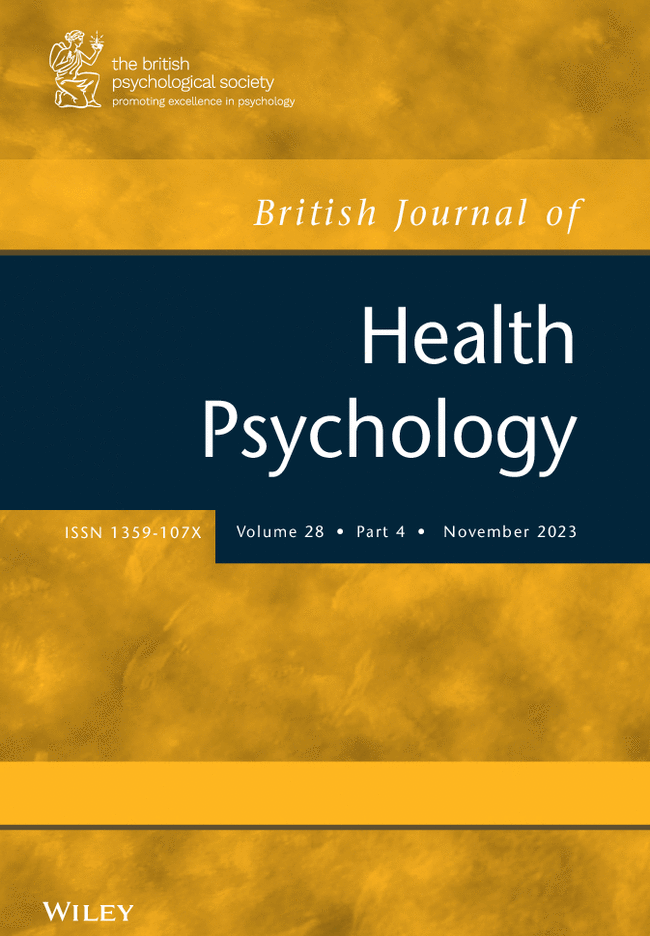Dual decision-making routes for COVID-19 and influenza vaccines uptake in parents: A mixed-methods study
Abstract
Objective
Parental decision-making for children's uptake of a relatively novel vaccine and a more common vaccine could involve different processes. This study aimed to compare the psychological processes and the relative importance of psychological factors influencing parental decision-making for children's seasonal influenza vaccination (SIV) and COVID-19 vaccination.
Design and Methods
We adopted mixed-methods approach. Study 1 was a qualitative study involving 29 parents to explore and compare their decision-making processes for children's SIV and COVID-19 vaccination. In Study 2, data from 632 parents were collected longitudinally; then, machine learning was used to quantify the relative importance of factors identified in Study 1 that were relevant to parents' decision-making for childhood vaccination decisions. Alluvial plots were used to compare the predictability of parents' baseline intention for follow-up children's SIV and COVID-19 vaccination.
Results
Study 1 revealed that parents used the influenza vaccine as an anchor to assess the COVID-19 vaccine's risks. Decision-making for children's SIV was habitual and rule-based, while for COVID-19 vaccination, it involved more deliberation influenced by negative situational cues like negative news and anecdotal experiences. Study 2 further found that, for COVID-19 vaccination, situation-varying factors including distressed emotional states and affective response to news were significant. While for SIV, past-year vaccination behaviour was a more important factor. Baseline intention reliably predicted children's SIV but not COVID-19 vaccination.
Conclusions
The convergence of qualitative and quantitative data highlighted the distinct decision-making strategies for these two vaccines. Targeting key factors in parental decisions can enhance the effectiveness of future vaccination campaigns.


 求助内容:
求助内容: 应助结果提醒方式:
应助结果提醒方式:


